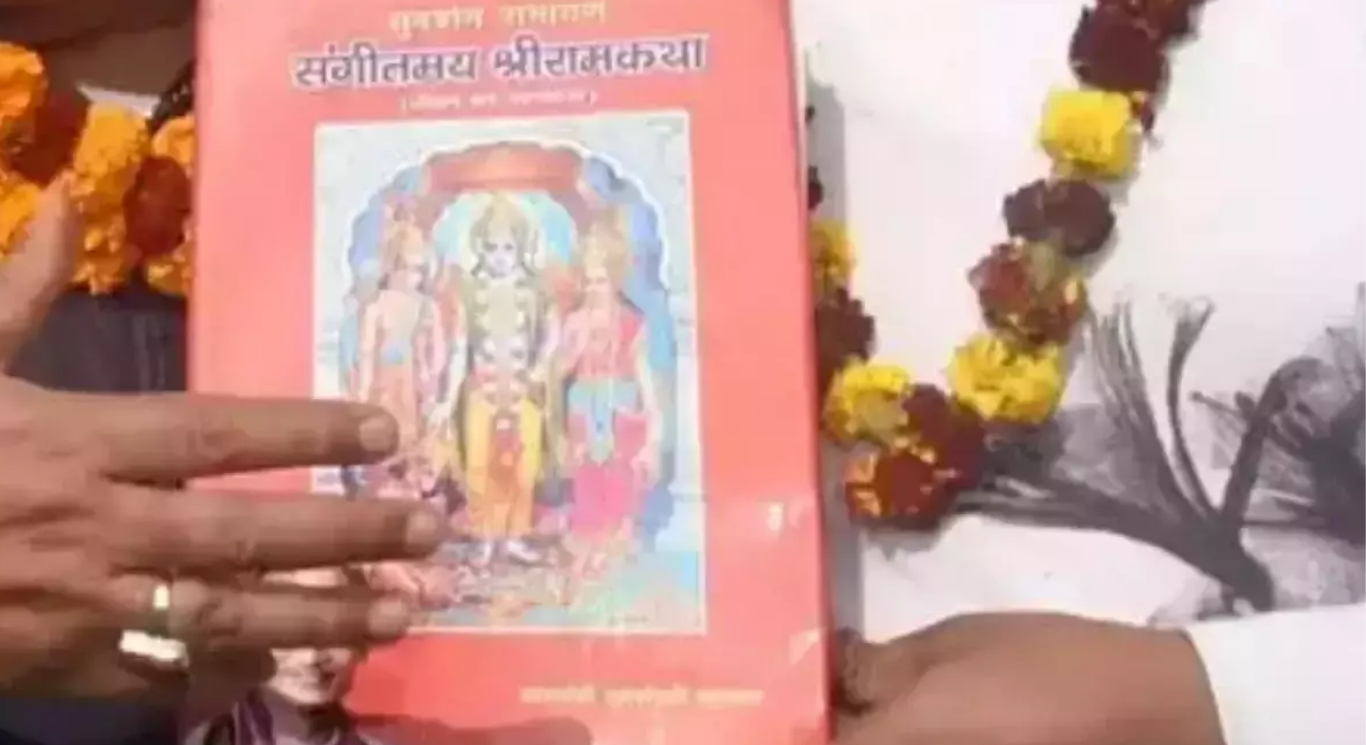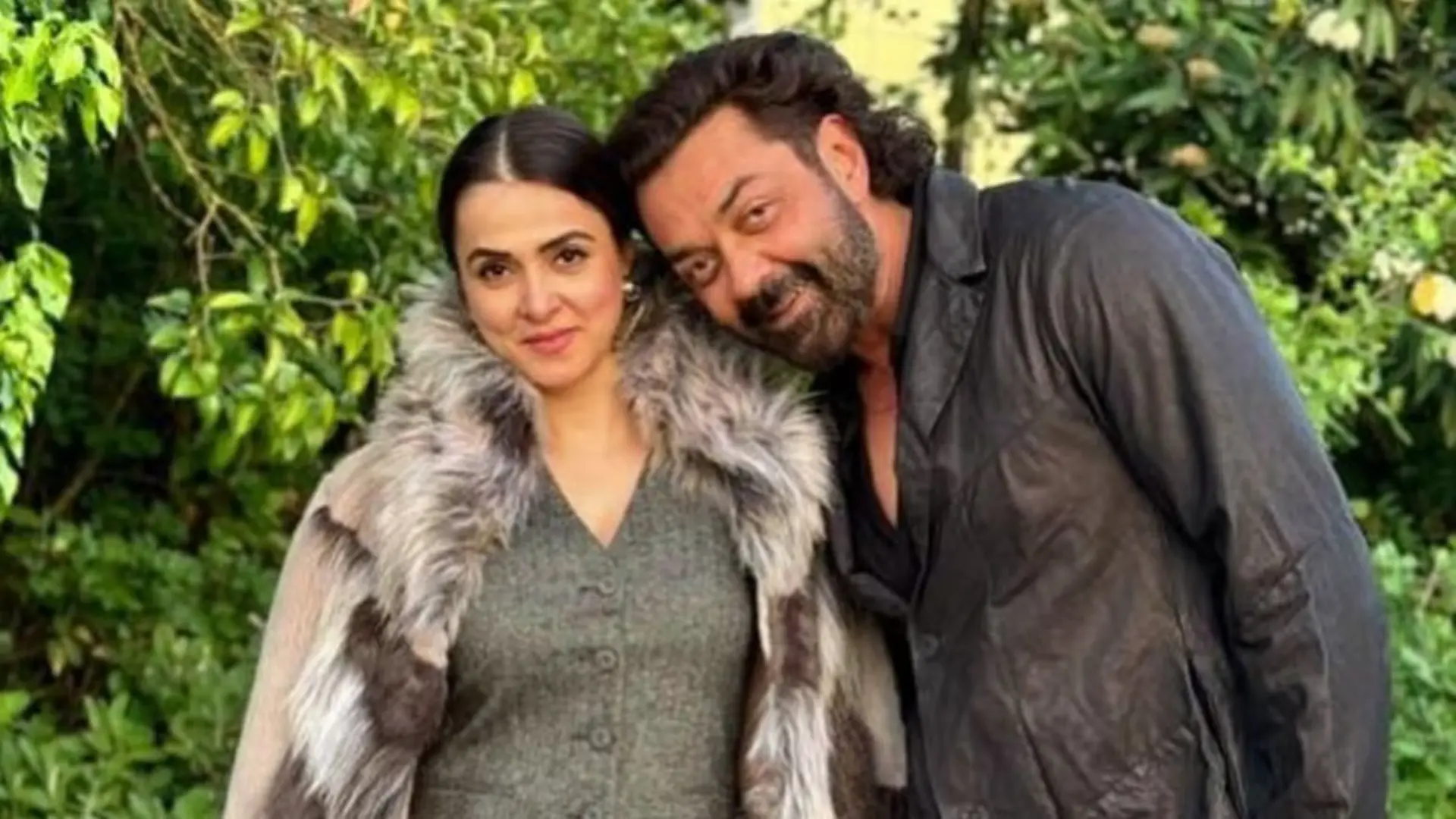In a significant acknowledgment of cultural heritage, UNESCO has added illustrious Indian manuscripts, including the ancient Ramacharitamanas and the 15th-century Panchatantra fables, to its esteemed Memory of the World Regional Register for the 2024 cycle. The decision was made during the 10th General Meeting of the Memory of the World Committee for Asia and the Pacific (MOWCAP), convened in Ulaanbaatar, Mongolia’s capital, on May 7-8.
Among the noteworthy inclusions are the illustrated manuscripts of Tulsidas’s Ramacharitamanas, a seminal text in Indian literature, alongside the manuscript of Sahrdayaloka-Locana, a significant work on Indian poetics. Additionally, the 15th-century manuscript of the Panchatantra, renowned for its timeless fables, earned a well-deserved spot in the prestigious register.
Hosted by the Ministry of Culture of Mongolia, the Mongolian National Commission for UNESCO, and the UNESCO Regional Office in Bangkok, the 10th General Meeting saw the celebration of human research, innovation, and imagination. Notable additions to the 2024 cycle include genealogical records, exemplified by Mongolia’s Family Chart of Hereditary Lords of the Khalkha Mongols and historical narratives from Huizhou in China and Kedah State in Malaysia.
Also read: Family Of Seven Members Feared Drowned in Narmada River
Science and literature were also celebrated through the recognition of Bangladesh’s visionary feminist author, Rokeya S Hossain, whose 1905 utopian narrative, “Sultana’s Dream,” envisioned technologies like helicopters and solar panels. Moreover, collaborative research between Australia and Tuvalu on coral reef formation and discoveries in business and industrial technology, such as tea-drinking entrepreneurship in China and advancements in sugar research and cement production in Indonesia, were acknowledged.
The inscription ceremony witnessed the presence of Ramesh Chandra Gaur, dean (administration) and head of the department, Kala Nidhi Division, Indira Gandhi National Centre for the Arts (IGNCA). The inclusion of these Indian treasures reflects the country’s rich literary heritage and cultural legacy, signifying a significant stride in global cultural preservation efforts. It underscores the importance of safeguarding diverse narratives and artistic expressions that enrich our collective human experience.



















